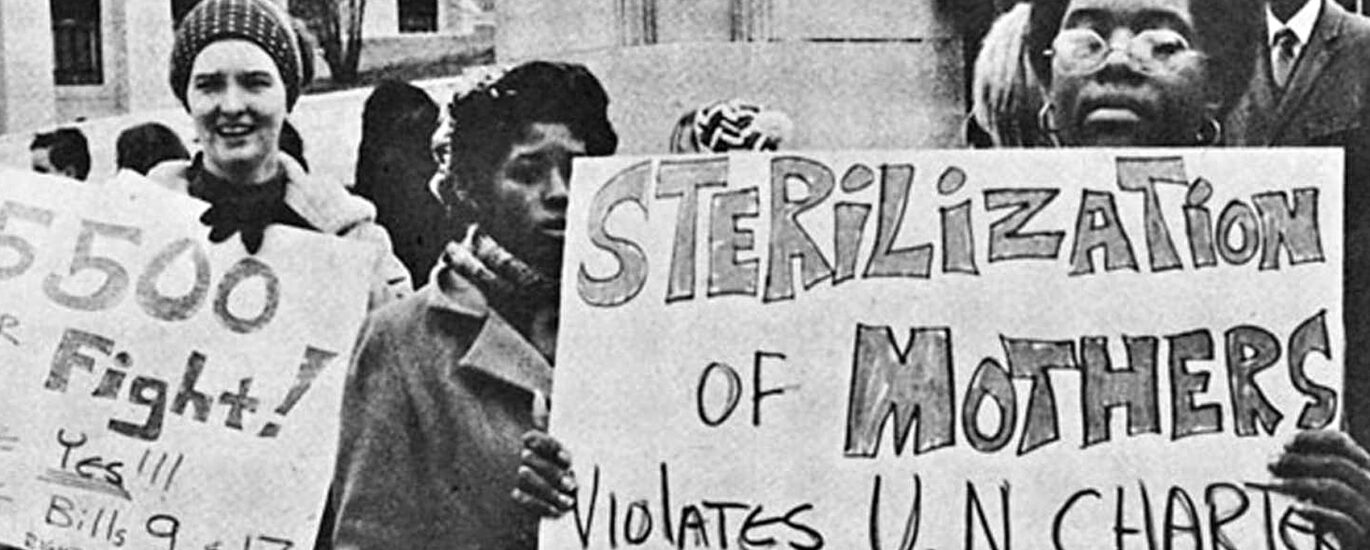Double Jeopardy: To Be Black and Female
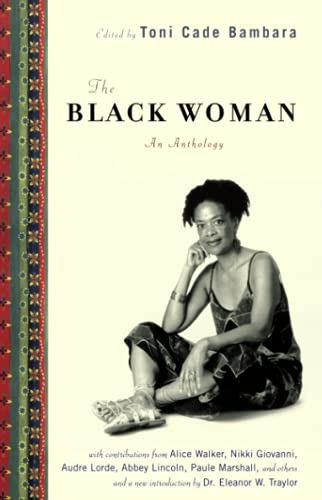
The Essay
“Double Jeopardy: To Be Black and Female” is an essay written by Frances Beal in 1969. Beal wrote it in response to her experiences with sexism within the Student Nonviolent Coordinating Committee, and became SNCC’s official stance on women. The text critiques capitalism, reproductive rights, as well as social politicalization as it explores the intersectionality (a term coined by Kimberlé Crenshaw in 1989) of race and gender. Beal argued that being a Black woman was a unique position ignored and suppressed by most of American society.
“The oppression of women acts as an escape valve for capitalism. Men may be cruelly exploited and subjected to all sorts of dehumanizing tactics on the part of the ruling class, but they have someone who is below them- at least they’re not women.”

The Author
Frances Beal was born on January 13, 1940, in Binghamton, New York. Her mother was a Russian-Jewish immigrant, and her father was African-American and Native-American. Her parents were political activists and despite a difficult childhood, they inspired her to engage in activism as well. After college in the mid-1960’s, Beal joined the Student Nonviolent Coordinating Committee. During her time there, Beal and her female colleagues felt that their hard work was ignored in an increasingly men-dominated space, and in response, Beal co-founded the Black Women’s Liberation Committee of SNCC in 1968. Throughout her life, she actively worked to empower Black women through her political involvement in organizations and positions held on committees. In 1968 Beal composed an essay that addressed the complex relations Black women were facing in their collective Black struggle, called “Double Jeopardy: To Be Black and Female,” which became SNCC’s official stance on women. Beal has continued to write and participate in activism, and currently lives in Oakland, California.
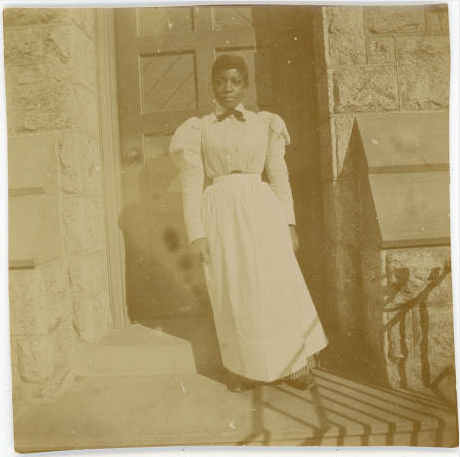
“Black women were never afforded any such phony luxuries. Though we have been browbeaten with this white image, the reality of the degrading and dehumanizing jobs that were relegated to us quickly dissipated this mirage of ‘womanhood.’”
Frances Beal
Our Guest
Rayna Clay MacKay
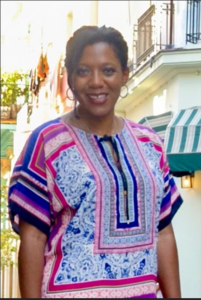
Rayna Clay MacKay is a wife, mom, and Obstetric Anesthesiologist. She married a dreamy Scotsman for much more than his accent and gained two fantastic bonus kids as a result. They added three more kiddos to the mix, including identical twin boys, and a daughter. They also have the best Cavoodle in the world named Hamish. She is a firm believer that differences are what make us great, and they should be applauded and supported. As she’s gotten older and wiser, She’s found her voice becoming louder championing for the injustices in the medical system, and society as a whole. Her hope is that the future is more glorious with a rainbow of differing people and opinions that are equally acknowledged.
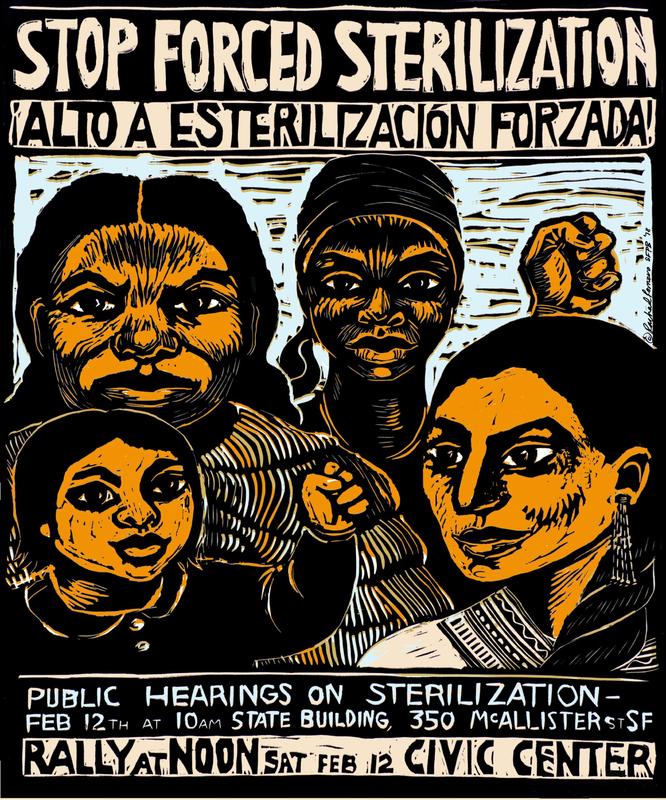
“Perhaps the most outlandish act of oppression in modern times is the current campaign to promote sterilization of non- white women in an attempt to maintain the population and power imbalance between the white haves and the non-white have-nots.”
– Frances Beal
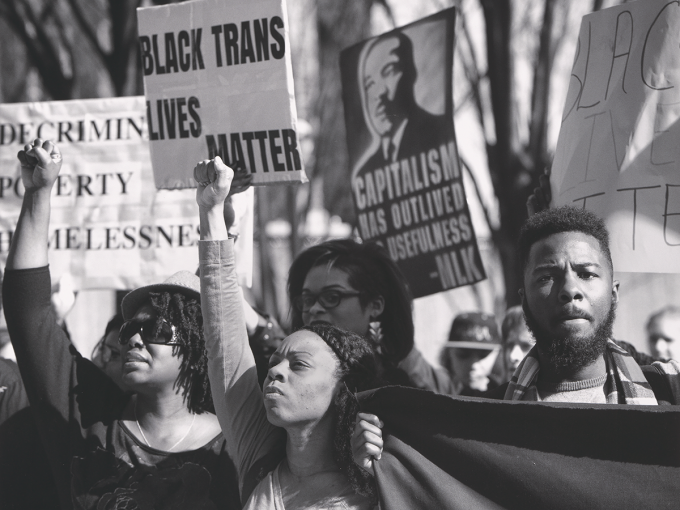
Amy’s Takeaways
These episodes are sacred to me for several reasons. First, because I have spent many months studying SNCC for my master’s thesis, reading volunteers’ public essays and private journals, and as a member of SNCC, I revere Frances Beal’s courage and regard her as a hero. Second, because when I read her “Double Jeopardy: To Be Black and Female”, she pushed me into a space where I felt uncomfortable, which is the space where growth happens. Beal invited me to sit with her pain and her anger, and she invited me to reexamine things from a different point of view, and in that space I felt my soul wrestle and ache and grow. I’m so grateful for the broader vision I gained by stretching myself beyond my own lived experience. And third, this episode is sacred to me because I felt so deeply honored that my friend Rayna would share so many personal experiences from her life, before, during, and after the time that we were friends in the college dorms. I learned that I had no idea what it felt like to be Black and female in America, and I will be grateful forever for Rayna’s generosity and love in spending this time sharing her heart with me and with all of us.
“Those who project in an intellectual manner how great and rewarding this role will be and who feel that the most important thing that they can contribute to the black nation is children are doing themselves a great injustice. This line of reasoning completely negates the contributions that black women have historically made to our struggle for liberation. These black women include Sojourner Truth, Harriet Tubman, Ida B. Wells- Barnett, Mary McLeod Bethune, and Fannie Lou Hamer, to name but a few.”
– Frances Beal
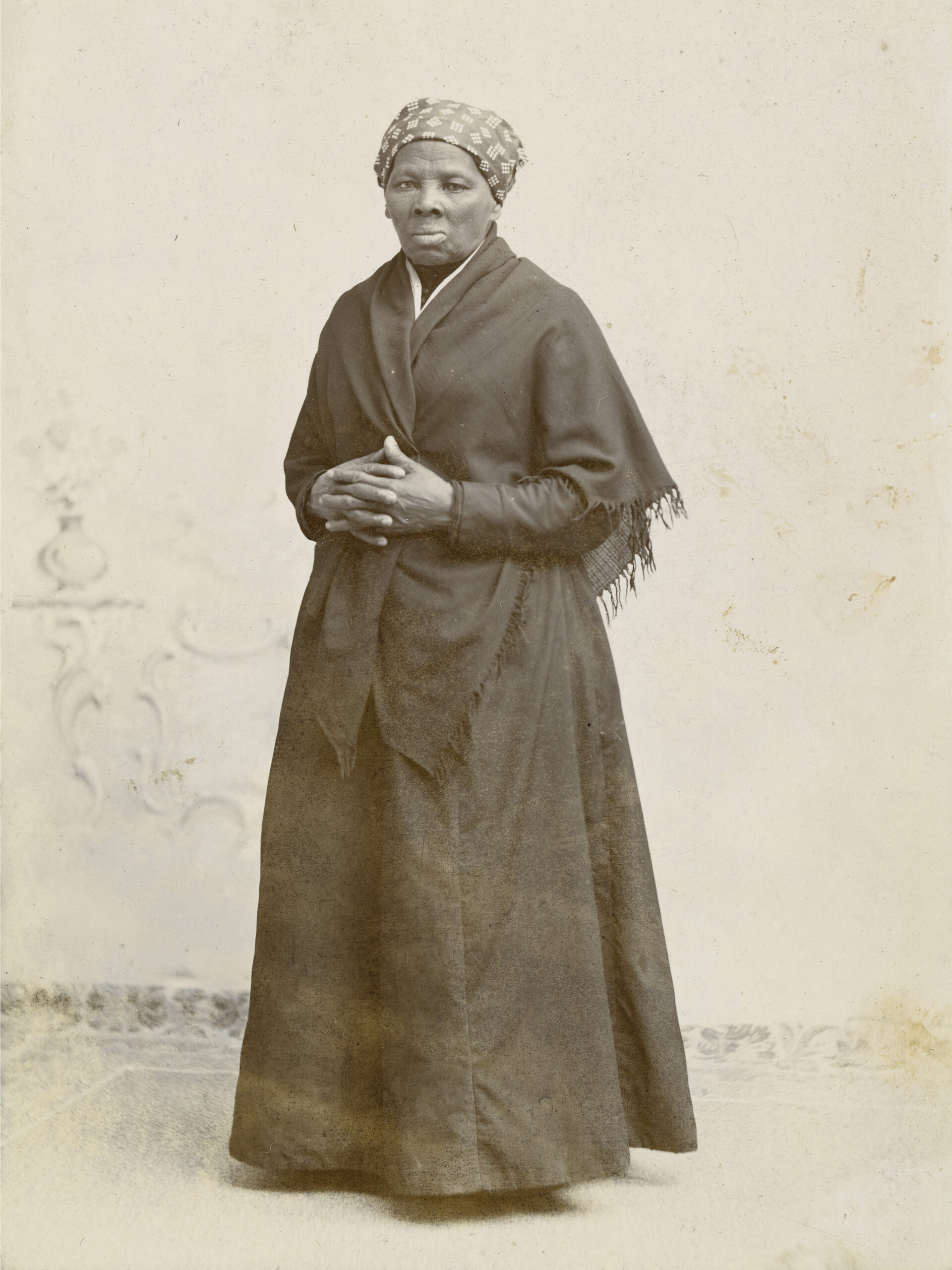
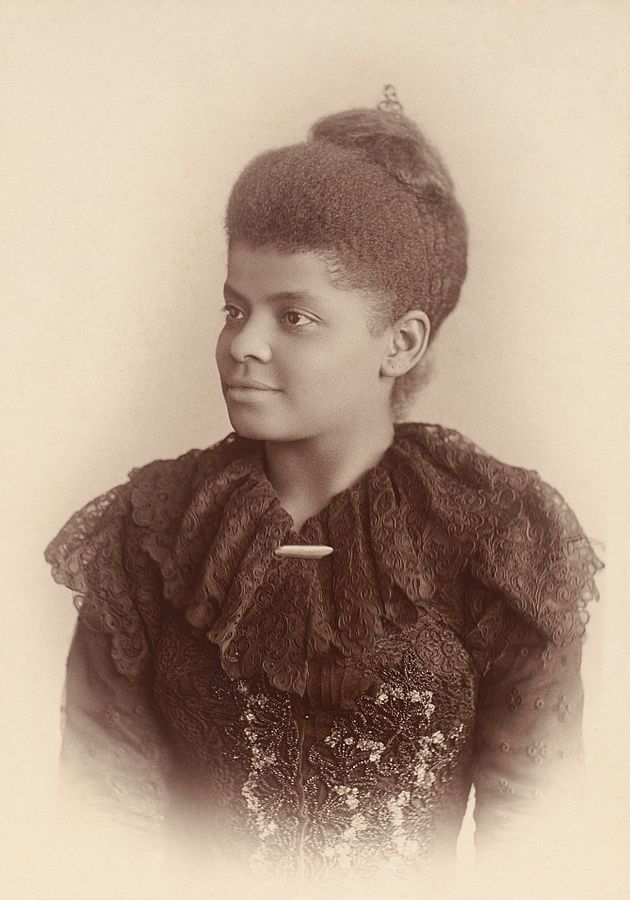
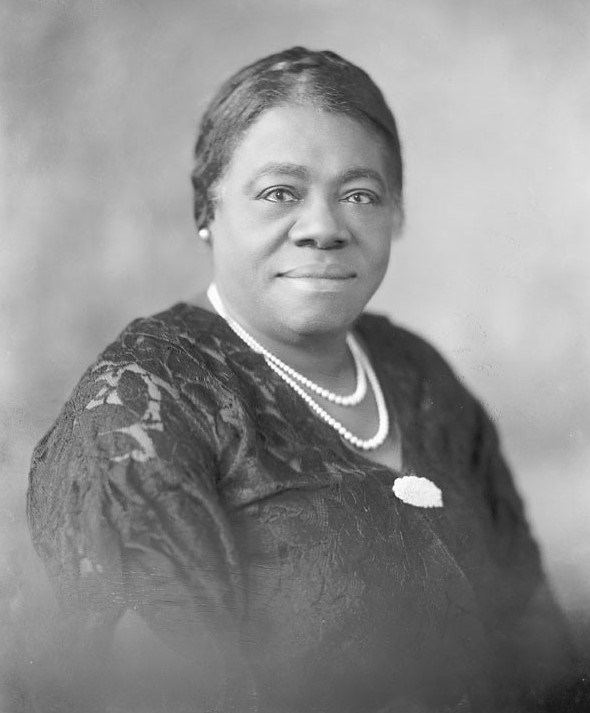
Listen to the Episodes
&
Share your Comments with us below!

